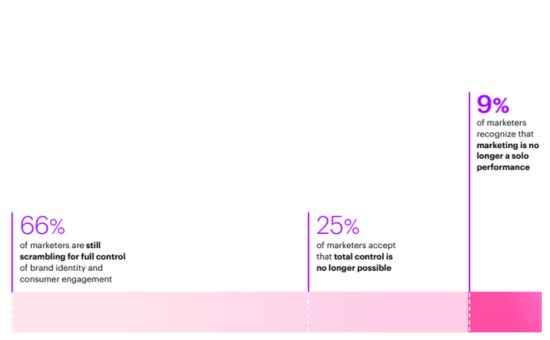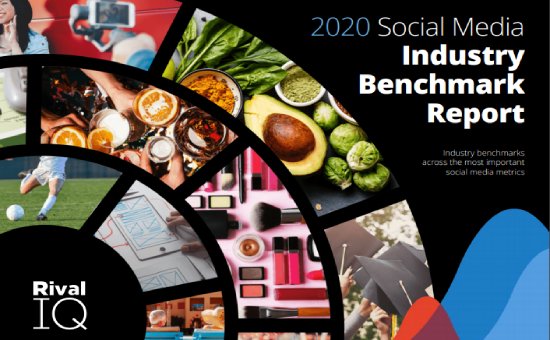Marketing, the Maestro way How a new approach is driving relevance and growth | Accenture
Marketing Strategy
|
Warning: Undefined array key 0 in /home/dmc/public_html/wp-content/themes/DMC/single-report.php on line 21
Warning: Attempt to read property "name" on null in /home/dmc/public_html/wp-content/themes/DMC/single-report.php on line 21
Relevance is vital for any enterprise’s future, yet amidst global instability, rapid technological changes, and increasingly unpredictable consumers, achieving and sustaining it has become more challenging than ever. This presents a unique opportunity for marketing leaders, traditionally the guardians of relevance, to take center stage as C-suites increasingly depend on them to navigate these challenges and chart a path to growth.
However, marketing’s mission today is fragmented by complexity and new opportunities. The proliferation of channels, touchpoints, and tools has led to an explosion of data, pulling more departments—like sales, HR, and IT—into marketing discussions. Generative AI and other innovations are enabling rapid creativity and experimentation at an unprecedented scale. Simultaneously, the tension between the artistry of brand marketing and the analytics of performance marketing is overshadowing the core needs of customers: information and engaging experiences that aid in decision-making.
So, how can marketers maintain relevance in this constantly shifting landscape? To answer this, Accenture conducted a global survey of 1,150 cross-functional executives across various industries. The findings reveal that in many organizations (66%), marketers are still struggling to maintain full control over brand identity and consumer engagement. Overwhelmed by their responsibilities and hesitant to allow others to contribute, they miss out on opportunities for collaboration, efficiency, and creativity.
In other organizations (25%), marketers acknowledge that total control is no longer feasible but are held back by uncertainty and an inability to adapt. They recognize that marketing is no longer a solo act but a symphony, with different players across the company ready to contribute. In these cases, marketers are stepping into the role of conductor, orchestrating the efforts to create harmony and drive relevance.

A Maestro approach: many players, one mission
Top-performing organizations are transforming marketing from a standalone function into an enterprise-wide capability. Marketing leaders are adopting what we call the Maestro approach: rather than controlling the conversation from start to finish, they are breaking down silos, fostering cross-functional collaboration, and leading a broader strategic initiative to drive growth and relevance.
These marketers work across all business areas to create a unified brand experience. They eliminate internal barriers to encourage collaboration throughout the organization, aligning everyone with a shared customer vision. By implementing training and operational changes, they spread marketing expertise across functions and establish accountable leadership, ensuring everyone is equipped to recognize and act on marketing opportunities wherever they arise.
When marketing becomes a company-wide capability, marketers evolve into connectors who harmonize different parts of the organization and lead innovation to achieve business goals. Adopting a Maestro approach positions marketers and the organization to better respond to changing audiences because it is life-centric: it understands customers as evolving individuals shaped by unpredictable external forces and builds the business around meeting those shifting needs and priorities.

By reshaping marketing around technology, talent, and collaboration, this approach supports the pursuit of Total Enterprise Reinvention, a strategy that drives growth and optimizes operations by transforming every function within the company and enabling continuous evolution.
Dive deeper into Marketing the Maestro Way and download the full report to master modern strategies.
The Table of Contents of “Marketing, the Maestro way: How a new approach is driving relevance and growth” Report:
- A Maestro approach: many players, one mission
- Embracing the Maestro way: See, solve, simplify, scale
- See customers in a new light and establish marketing as an enterprise-wide capability
- Solve layered customer journeys by forging strategic relationships
- Simplify for relevance by streamlining operations and rethinking success metrics
- Scale for growth by connecting data, technology, and talent in new ways
- New connections, new relevance
Number of Pages:
- 24 pages
Pricing:
- Free
Methodology
Accenture Song and Accenture Research conducted a global, cross-industry survey of 1,150 executives made up of approximately 45% Chief Marketing Officers (CMOs) and 55% CEOs and other C-suite functional leads to better understand how they are trying to achieve relevance in today’s challenging circumstances. We used decision tree analysis to identify the key behaviors and attitudes reflected in the survey data that were most strongly correlated with self-reported performance.
Warning: Undefined array key "sidebar_ads" in /home/dmc/public_html/wp-content/themes/DMC/functions/helpers.php on line 824






